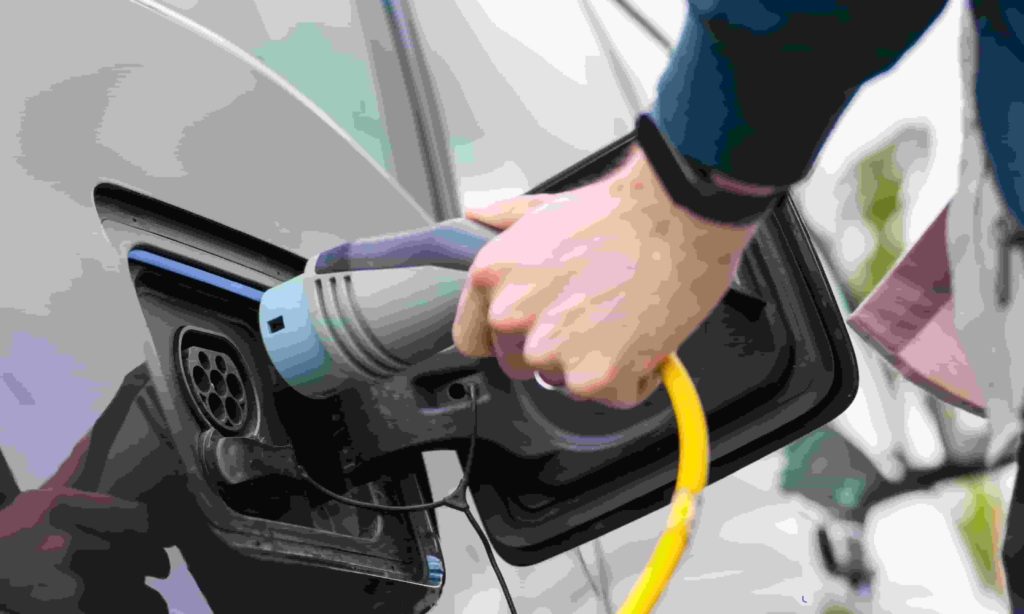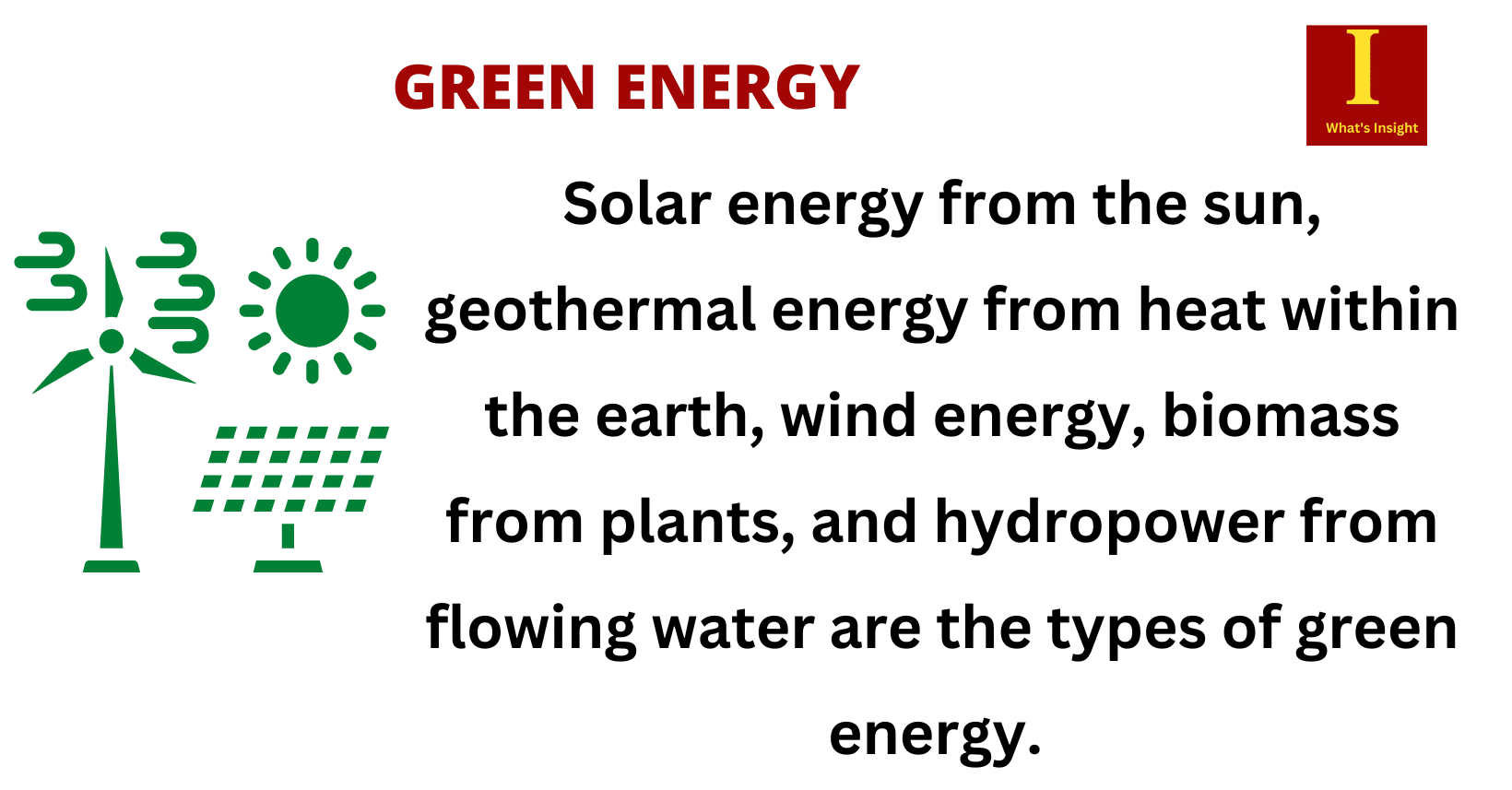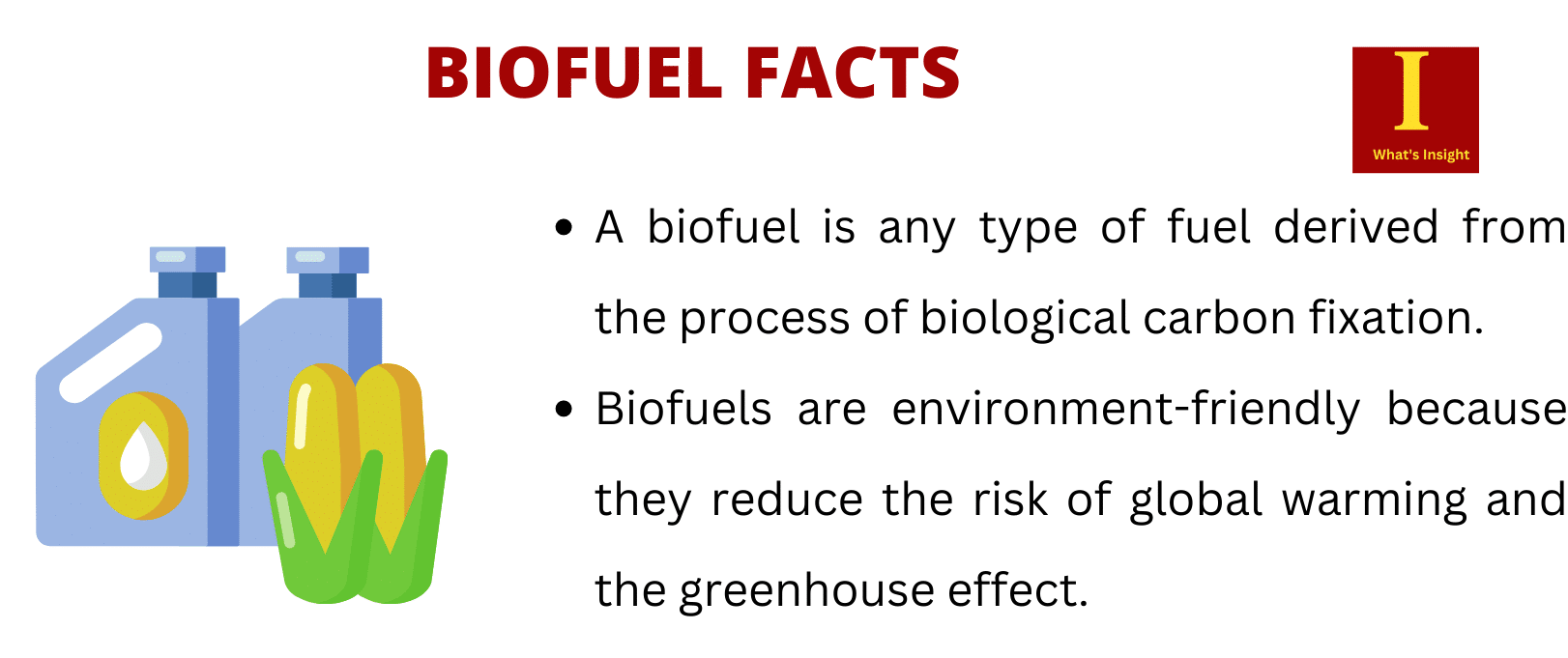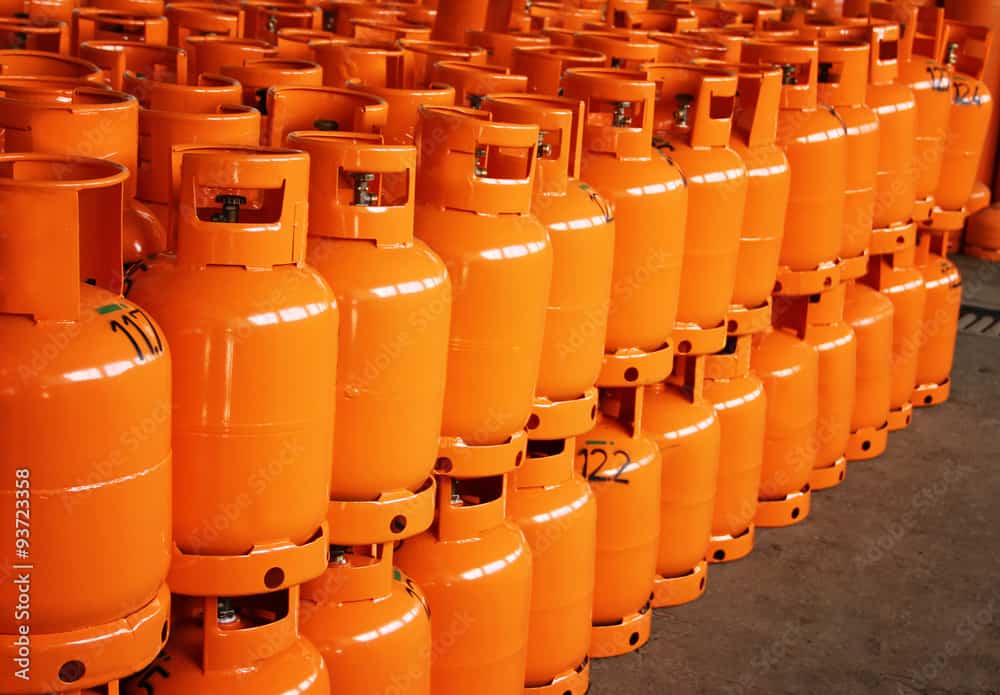An alternative fuel vehicle (AFV) is a vehicle that operates on fuels other than gasoline and diesel. Alternative fuels are obtained from non-petroleum sources. The primary goal of employing alternative fuels is to reduce our reliance on imported oil; hence, alternative fuels are derived from renewable sources.
In addition, alternative fuels emit fewer pollutants than gasoline or diesel. Biofuel, ethanol, methanol, hydrogen, coal-derived liquid fuels, electricity, natural gas, propane gas, or synthetic transportation fuel are some examples of alternative fuels. Alternative fuel vehicles fueled by fuels other than today’s dominating diesel and gasoline are now approaching the market after many years of study and development.
Table of Contents
Benefits of Alternative Fuel Vehicles
- Most alternative fuel vehicles emit less pollution than petroleum vehicles
- The use of alternative fuels reduces our reliance on imported oil
- Alternative fuel prices are more stable and often lower than petroleum fuel prices
- In comparison to fossil fuels, alternative fuels generate energy with no greenhouse gas emissions. This contributes to lower carbon footprints.
Natural Gas Vehicles
Natural gas vehicles (NGVs) are alternative fuel vehicles that operate on natural gas rather than gasoline or diesel.
In natural gas vehicles, Compressed natural gas (CNG) is normally stored in a fuel tank, or cylinder, at the rear of the vehicle. The CNG fuel system transports high-pressure gas from the fuel tank through the fuel lines to a pressure regulator, which drops the pressure to a level suitable for the engine fuel injection system.
Fuel Cell Vehicle
Fuel cell vehicles are powered by hydrogen. They are more fuel-efficient than traditional internal combustion engines and release no tailpipe emissions—only water vapor and warm air. However, the research on the hydrogen infrastructure needed to power such cars is still in its initial stages.
Hydrogen fuel cells work by mixing hydrogen and oxygen atoms to generate power. The hydrogen combines with oxygen in a battery-like electrochemical cell to create electricity, water, and a little quantity of heat. Fuel cells come in a variety of shapes and sizes, and they can be used for a variety of purposes.
Electric Vehicle (EV)
Electrical vehicles are powered entirely or partially by electricity. Such vehicles have minimal operating expenses since they have fewer moving parts to maintain, and they are also highly eco-friendly because they consume little or no fossil fuels (petrol or diesel).
Electric vehicles store electricity in rechargeable batteries, which are used to power an electric motor that rotates the wheels. Electric vehicles accelerate more quickly than vehicles powered by standard gasoline engines, making them seem lighter to drive.
Alternative Fuel Types
- Biodiesel ( biodegradable, nontoxic, and almost free of sulfur and aromatic pollutants)
- Ethanol (high-octane motor fuel)
- Natural gas (available as compressed natural gas and liquefied natural gas)
- Propane
Related Links
Heat Flux-An Overview
Thermite Welding- An Overview
Power Units- The Basics
Thermal Energy Equation- Simple Overview
Momentum Equation| Definition and Examples
Static Pressure| Definition, Meaning, and Examples
Summary
Alternative fuels are made from non-petroleum sources. The vast majority are manufactured domestically, lessening our reliance on imported oil, and some are generated from renewable sources. Such fuels frequently emit fewer pollutants than gasoline or diesel. Biofuel, ethanol, methanol, hydrogen, coal-derived liquid fuels, electricity, natural gas, propane gas, and synthetic transportation fuel are examples of alternative fuels.
Frequently Asked Questions
1. Is LPG an alternative fuel?
Propane, also known as liquefied petroleum gas (LPG) or propane autogas, is a clean-burning alternative fuel that has been used to power light-, medium-, and heavy-duty propane vehicles for decades.
In addition, The popularity of propane as an alternative transportation fuel originates from its domestic availability, high energy density, clean-burning characteristics, and low cost. It is the third most prevalent transportation fuel in the world, after gasoline and diesel, and is classified as an alternative fuel under the Energy Policy Act of 1992.
2. What are the types of alternative fuels?
A vehicle that operates on fuels other than standard petroleum gas and diesel is known as an alternative fuel vehicle (AFV). Electric, solar, biodiesel, ethanol, propane, compressed air, hydrogen, liquid natural gas, and liquid petroleum are examples of alternative fuels.
3. What are the disadvantages of using hydrogen fuel cells?
The primary drawback of hydrogen fuel cells is their high cost, as well as the difficulty of storing and distributing hydrogen. Fuel cells are bigger and bulkier than other types of energy sources utilized in vehicles. The hydrogen tank would be enormous, and hydrogen is a highly combustible gas, adding to the vehicle storage issues. Hydrogen is easily combustible, posing a safety risk.
4. What are the advantages of using alternative fuels?
- Emissions Are Fewer and Cleaner
- More Effective and Longer Lasting
- Cost-Efficient
- The use of alternative fuels reduces toxic exhaust emissions (such as carbon dioxide, carbon monoxide, particulate matter, and sulfur dioxide) as well as ozone-producing pollutants significantly.
5. Can LNG be used as an alternative fuel?
Alternative fuels include gaseous fuels such as hydrogen, liquid natural gas, and propane, as well as alcohols such as ethanol, methanol, butanol, vegetable, and waste-derived oils, and electricity.
6. What material will work better as thermal mass?
Water is one of the most effective thermal mass materials. This is due to the fact that it has the largest specific heat capacity of any material.
7. Is the petrol engine an Otto cycle?
The petrol engine works on the Otto cycle.
A carburetor is used to create a homogeneous air-fuel mixture that is fed into the combustion chamber. For the petrol engine, the compression ratio ranges from 6:1 to 12:1.
8. What type of energy is static electricity?
Static electricity is a kind of potential energy. When electrons migrate from one item to another and a static charge accumulates, energy is stored.
9. Which fuel has the most energy density?
Hydrogen has the highest energy density of any fuel and is also the simplest chemical component known to man. Gasoline, which is produced by refining crude oil, has far more energy than coal (twice as much as lower quality bituminous coal) or wood (three times).
More Links
- BCl3 Lewis Structure in four simple steps - November 1, 2023
- PH3 Lewis Structure in four simple steps - October 8, 2023
- PF3 Lewis structure in four simple steps - September 24, 2023




